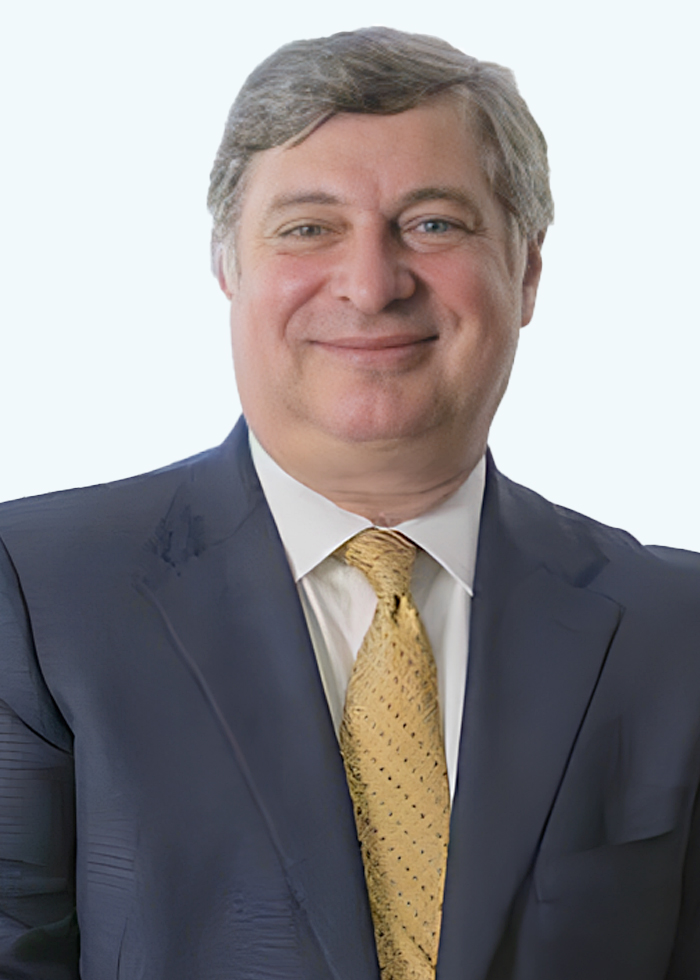By: Susanne Somersalo
In majority of the countries an invention is patentable only if it has not been published before the patent application. The United States has a different system where the inventor may publish her invention not more than one year before filing the application.
It is not always clear what is ‘publication’ and what is enough for a patent office to refuse issuing a patent.
Here is a true story that you don’t want to repeat:
The inventors were university researchers in a small European country. One of the inventors was graduate student and she wrote her thesis that included some examples that were key elements to the invention. According to the practice of that university, the thesis had to be presented in the university library for at least 30 days before defending it. At that time there was one single hard copy of the thesis available in the university library.
No one remembered that this document was provided to the library and the inventors filed an international patent application at about the time of the thesis defense.
Several years afterwards the university library decided to scan all documents it had on its shelves and provided public access to the scanned library. Now, the Japanese patent office was in middle of examining the national application that rooted from the original international application and they found the master’s thesis. The thesis is written in weird language that the Japanese examiner most likely does not understand, but figures are universal in any language and there is also Google translator. As a result the patent office issued an office action stating that the invention was not new when filed based on the thesis.
The master’s thesis is not a problem in getting a US patent, because here we have the one year grace period. But practically everywhere else the published thesis creates problems. Fortunately not detrimental problems, as there are ways to modify the patent claims so that it is still possible for the inventors to get a patent, however with somewhat narrower claims than originally planned. Also this created some extra stress, and undoubtedly prolongs the prosecution and creates additional costs too.
Thus, the rule of thumb to remember is: do not publish- no matter how limited your publication would be- before filing a patent application. If you published, let your patent attorney know so that the claims can be drafted in a way which takes the publication into account.

